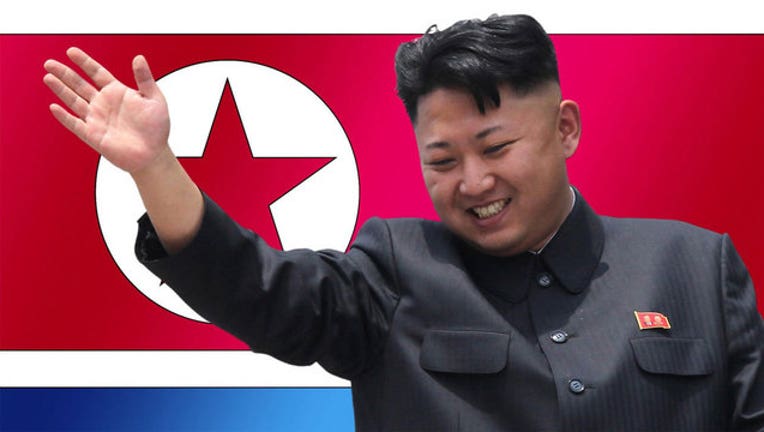Seoul: North Korea fires 4 ballistic missiles into ocean

SEOUL, South Korea (AP) - North Korea on Monday fired four banned ballistic missiles that flew about 1,000 kilometers (620 miles), with three of them landing in Japan's exclusive economic zone, South Korean and Japanese officials said, in an apparent reaction to huge military drills by Washington and Seoul that Pyongyang insists are an invasion rehearsal.
It was not immediately clear the exact type of missile fired; Pyongyang has staged a series of missile test-launches of various ranges in recent months, including a new intermediate-range missile in February. The ramped-up tests come as leader Kim Jong Un pushes for a nuclear and missile program that can deter what he calls U.S. and South Korean hostility toward the North.
Japanese Prime Minister Shinzo Abe said Monday's firing shows that North Korea has become "a new kind of threat." Japanese officials said three of the four missiles landed in the 200-nautical-mile offshore area where Tokyo has sovereign rights for exploring and exploiting resources.
South Korea's Joint Chief of Staff said in a statement that Monday's launches were made from the Tongchang-ri area in North Pyongan province. The area is the home of the North's Seohae Satellite Station where it has conducted prohibited long-range rocket launches in recent years.
Seoul and Washington call their military drills on the Korean Peninsula, which remains in a technical state of war because the 1950-53 Korean War ended with an armistice and not a peace treaty, defensive and routine.
The North hates the military drills, which run until late April and which analysts say force its impoverished military to respond with expensive deployments and drills of their own. An unidentified spokesman for the North's General Staff of the Korean People's Army said last week that Pyongyang's reaction to the southern drills would be the toughest ever but didn't elaborate
North Korea conducted two nuclear tests last year. There have been widespread worries that the North will conduct an ICBM test that, when perfected, could in theory reach U.S. shores. Washington would consider such a capability a major threat.
The United States has 28,500 troops stationed in South Korea, and 50,000 in Japan, as a deterrent against a potential aggression from the North.

